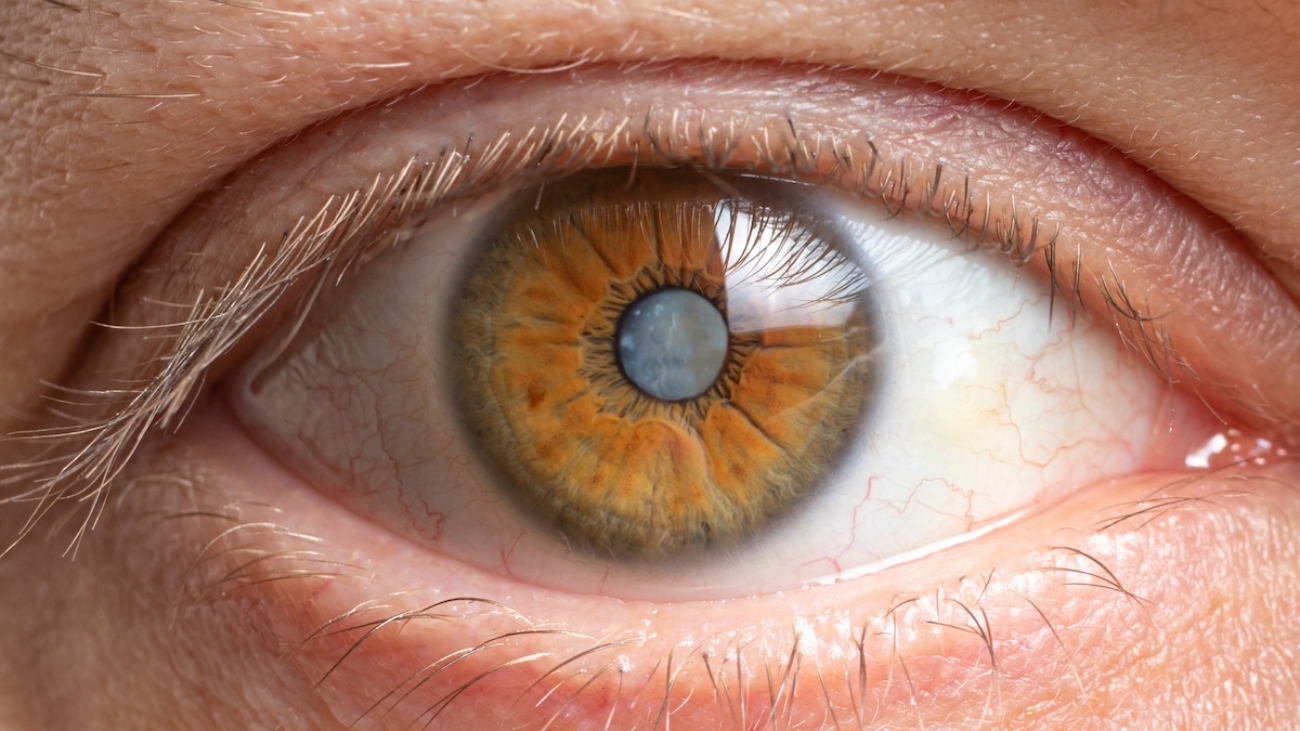Cataract surgery is a common procedure that can restore vision for many individuals, particularly the elderly. In Australia, pensioners often face different financial considerations when it comes to this procedure. It’s essential to understand how costs are structured, what financial assistance is available, and how to navigate the healthcare system as a retiree. This article aims to provide a comprehensive overview of cataract surgery costs specifically for pensioners in Australia.
Overview of Cataract Surgery
Cataracts occur when the lens of the eye becomes clouded, leading to blurry vision, difficulty seeing at night, and colors appearing faded. Surgery typically involves the removal of the cloudy lens and replacement with an artificial intraocular lens. The primary goal of the surgery is to improve eyesight and enhance the quality of life.
Ultimately, the aim is to improve the quality of life through restored vision, which can have a lasting positive effect on the lives of seniors. Whether through Medicare, private insurance, or support programs, there are pathways available to ensure that cataract surgery cost can be accessible and affordable for all pensioners in Australia.
In Australia, cataract surgery is generally performed as an outpatient procedure, which means that patients can return home on the same day. The surgery is often brief, taking approximately 30 minutes, although the overall time spent at the hospital may extend to several hours. Patients are usually given a mild sedative to help them relax, and local anesthesia is administered to numb the eye, ensuring a comfortable experience throughout the procedure.
Most patients experience significant improvements in their vision after surgery, making it a highly successful and commonly performed procedure. However, understanding the costs associated with cataract surgery is crucial, particularly for pensioners who may have limited financial resources. Post-operative care is also essential, as patients are typically advised to avoid strenuous activities and follow specific guidelines to ensure proper healing.
Costs Involved in Cataract Surgery
The costs associated with cataract surgery can vary significantly, depending on several factors, including whether the procedure is performed in a public or private setting, the type of intraocular lens used, and any additional services provided. Patients should also consider the potential costs of follow-up appointments, medications, and any necessary vision aids post-surgery.
In a public hospital, the surgery is generally covered by Medicare, which means pensioners may have little out-of-pocket expenses. However, waiting times can be lengthy due to high demand. On the other hand, private hospitals may offer faster access to surgery, but this usually comes with significant costs. Pensioners should consider whether they can afford private health insurance or if they would prefer to wait for treatment through the public system. It is also worth noting that some private health funds may offer additional benefits for those who choose to have their surgery performed in a private setting, which can help alleviate some financial burdens.

Medicare and Private Health Insurance
Medicare plays a critical role in covering the costs of cataract surgery for pensioners. Under Medicare, patients are entitled to subsidized treatment for cataracts, meaning that a significant portion of the expenses will be covered. However, it is important to note that Medicare will only cover the costs of a standard intraocular lens. Patients should be aware that the standard lens may not provide the same level of vision correction as premium lenses, which can offer benefits such as reduced dependence on glasses for distance or near vision. Learn more about Medicare on https://www.medicare.gov/
Pensioners who opt for advanced lenses or additional services may find themselves with out-of-pocket expenses, which can add up quickly. For those with private health insurance, many policies will cover at least a portion of the costs associated with cataract surgery, but benefits and coverage can differ widely between policies. It is advisable for patients to thoroughly review their health insurance plans and consult with their providers to understand the specifics of their coverage, including any potential waiting periods or exclusions that may apply. Additionally, some patients may qualify for financial assistance programs that can help offset the costs of surgery and related care, making it more accessible for those on fixed incomes.
Additional Costs to Consider
Apart from the surgical fees, pensioners should also be aware of other potential costs. Post-operative appointments, medications, and any necessary follow-up care should be factored into the overall budget for cataract surgery. It’s also advised to have a discussion with the surgeon and healthcare team about the estimated costs of these additional services, as they can vary. For instance, some patients may require specialized eye drops or over-the-counter medications to manage discomfort, which can add to the overall expense. Understanding these costs upfront can help pensioners avoid unexpected financial strain after the procedure.
Transportation to and from the hospital or clinic may also incur costs, especially if pensioners require assistance from family or friends. Therefore, it is wise to plan ahead and consider all associated costs when preparing for cataract surgery. Additionally, some pensioners may benefit from utilizing community transportation services that cater specifically to seniors, which can be a more economical option. Planning for these logistics not only ensures a smoother experience on the day of surgery but also helps in managing the overall budget effectively. To learn more about pensioners click here.
Financial Assistance and Support Options
For pensioners facing challenges with the costs of cataract surgery, there are several financial assistance and support options available. The government provides various subsidies and programs for seniors that can alleviate some of the fiscal burdens associated with healthcare. Programs such as Medicare or Medicaid may cover a portion of the surgical costs, and pensioners should familiarize themselves with their specific coverage details to maximize their benefits.
Additionally, non-profit organizations may offer resources or financial aid specifically for seniors needing medical procedures. It’s beneficial for pensioners to reach out to these organizations or consult with their healthcare providers to explore what options might be available to them. Many local charities and foundations have funds set aside for medical assistance, and some even provide transportation services for those who need help getting to their appointments. Engaging with these resources can significantly ease the financial load and provide peace of mind during this critical time.
Importance of Seeking Timely Treatment
One of the most critical aspects of managing cataracts is the importance of seeking timely treatment. Delaying surgery can lead to deteriorating vision and complications that may complicate future surgical options. The longer cataracts are left untreated, the more they can impact daily activities, such as reading, driving, and enjoying hobbies, which are vital for maintaining a good quality of life.
Pensioners are encouraged to schedule regular eye examinations, particularly as they age, to monitor the development of cataracts and discuss any concerns with their optometrist or ophthalmologist. Early intervention can often lead to better outcomes and can help to delay or avoid additional medical costs down the line. Furthermore, staying informed about the signs of cataract progression can empower seniors to take proactive steps in their eye care, ensuring they remain engaged and active in their daily lives. Regular communication with healthcare professionals can also provide reassurance and guidance, making the journey through treatment less daunting.
Conclusion
Understanding the cost of cataract surgery and what financial assistance options are available is vital for pensioners in Australia. With comprehensive information at their disposal, pensioners can make informed decisions regarding their healthcare. Navigating the complexities of the healthcare system may seem daunting, but with the right preparation and knowledge, pensioners can successfully manage the costs and obtain the care they need.
Learn about smile surgery benefits on: SMILE Eye Surgery Sydney Benefits, Risks & Cost

